Since the adoption of the 2030 Agenda for Sustainable Development in 2015, the Sustainable Development Goals (SDGs) have shaped
how societies approach pressing global issues—from climate change and inequality to responsible production and decent work.
While governments are key drivers, the private sector plays a growing role in shaping solutions through innovation, investment,
and corporate responsibility.
This course introduces students to the SDGs, explores governance frameworks, and critically examines how businesses engage with sustainable development. It emphasizes case-based learning, group discussions, and student-led inquiry.
This course introduces students to the SDGs, explores governance frameworks, and critically examines how businesses engage with sustainable development. It emphasizes case-based learning, group discussions, and student-led inquiry.
Students will explore the diverse landscape of global challenges within the framework of the 2030 Agenda, recognizing the
pivotal role of the private sector in advancing sustainability initiatives. By analyzing case studies and emerging trends,
students will gain insights into practical strategies that foster progress towards the SDGs.
- Students can explain the principles and objectives of the 2030 Agenda for Sustainable Development and its associated SDGs.
- Students can analyze the evolving role of the private sector in addressing global challenges.
- Students can critically assess real-world corporate sustainability strategies.
- Students can critically evaluate sustainable development initiatives within their professional spheres.
| Weekly report | Presentation | Final report | Total. | |
|---|---|---|---|---|
| 1. | 15% | 5% | 5% | 25% |
| 2. | 10% | 5% | 5% | 20% |
| 3. | 15% | 10% | 5% | 30% |
| 4. | 10% | 10% | 5% | 25% |
| Total. | 50% | 30% | 20% | - |
| Class schedule | HW assignments (Including preparation and review of the class.) | Amount of Time Required | |
|---|---|---|---|
| 1. | Course Introduction: What are the SDGs? What is governance? Why include the private sector? | Read assigned course material | 100minutes |
| 2. | Private Sector & SDGs: Trends, expectations, and governance challenges | Read assigned course material | 120minutes |
| 3. | Value Creation: From shareholder to stakeholder models (Japan & global) | Read assigned course material | 120minutes |
| 4. | Environment I: Business & climate change | Read assigned course material | 120minutes |
| 5. | Environment II: Biodiversity, materials, waste | Read assigned course material | 120minutes |
| 6. | Society I: Stakeholder engagement, transparency, greenwashing | Read assigned course material | 120minutes |
| 7. | Society II: Business & social issues (poverty, inequality) | Read assigned course material | 120minutes |
| 8. | Mid-semester Workshop: Group research topic planning | Read assigned course material | 120minutes |
| 9. | Workplace Issues: Wellbeing, work style reform, maternity leave | Read assigned course material | 120minutes |
| 10. | Diversity & Inclusion: Gender, disability, culture | Read assigned course material | 120minutes |
| 11. | Global Supply Chains: Human rights, traceability, due diligence | Read assigned course material | 120minutes |
| 12. | Student group research task preparation | Submission of presentation material | 120minutes |
| 13. | Final Presentations I | Submission of presentation material | 120minutes |
| 14. | Final Presentations II + Wrap-up | Final Report | 120minutes |
| Total. | - | - | 1660minutes |
Weekly report (50%)presentation (30%)、final report (20%)
If you miss 4 classes or more, you will get a D grade.
If you miss 4 classes or more, you will get a D grade.
| ways of feedback | specific contents about "Other" |
|---|---|
| Feedback in the class |
Students must have a TOEIC score of at least 495 (or equivalent) to enroll in this course, as it requires intermediate English
reading, listening, and communication skills.
- Office hours are every Wednesday from 12:30-13:10. Be sure to make an appointment in advance.
Consultations via email and face-to-face appointments are accepted at any time. If you have any questions, please contact me by email.
- Course that cultivates an ability for utilizing knowledge
- Course that cultivates a basic problem-solving skills
| Work experience | Work experience and relevance to the course content if applicable |
|---|---|
| Applicable | Taking advantage of experience engaged in SDGs evaluation research. |
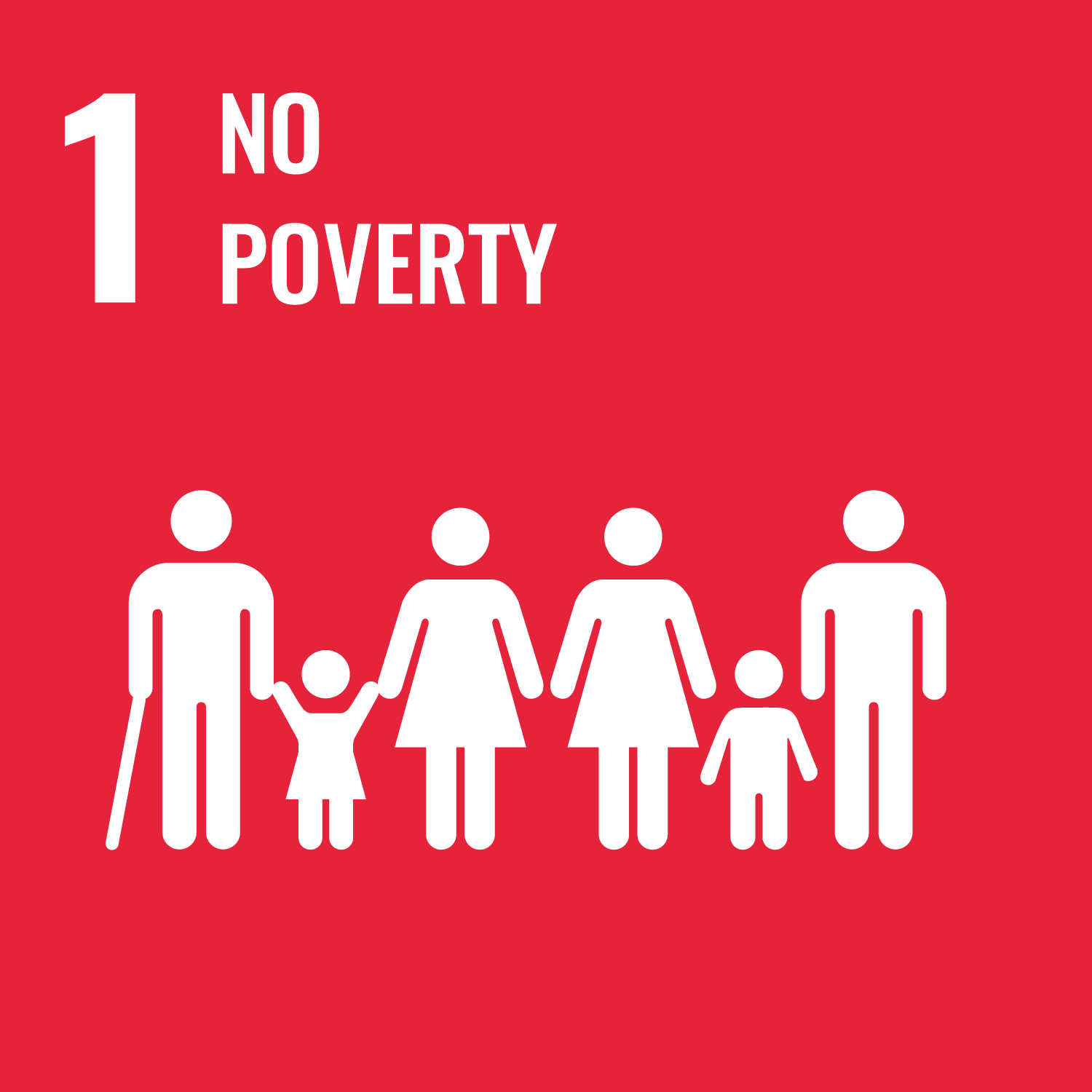
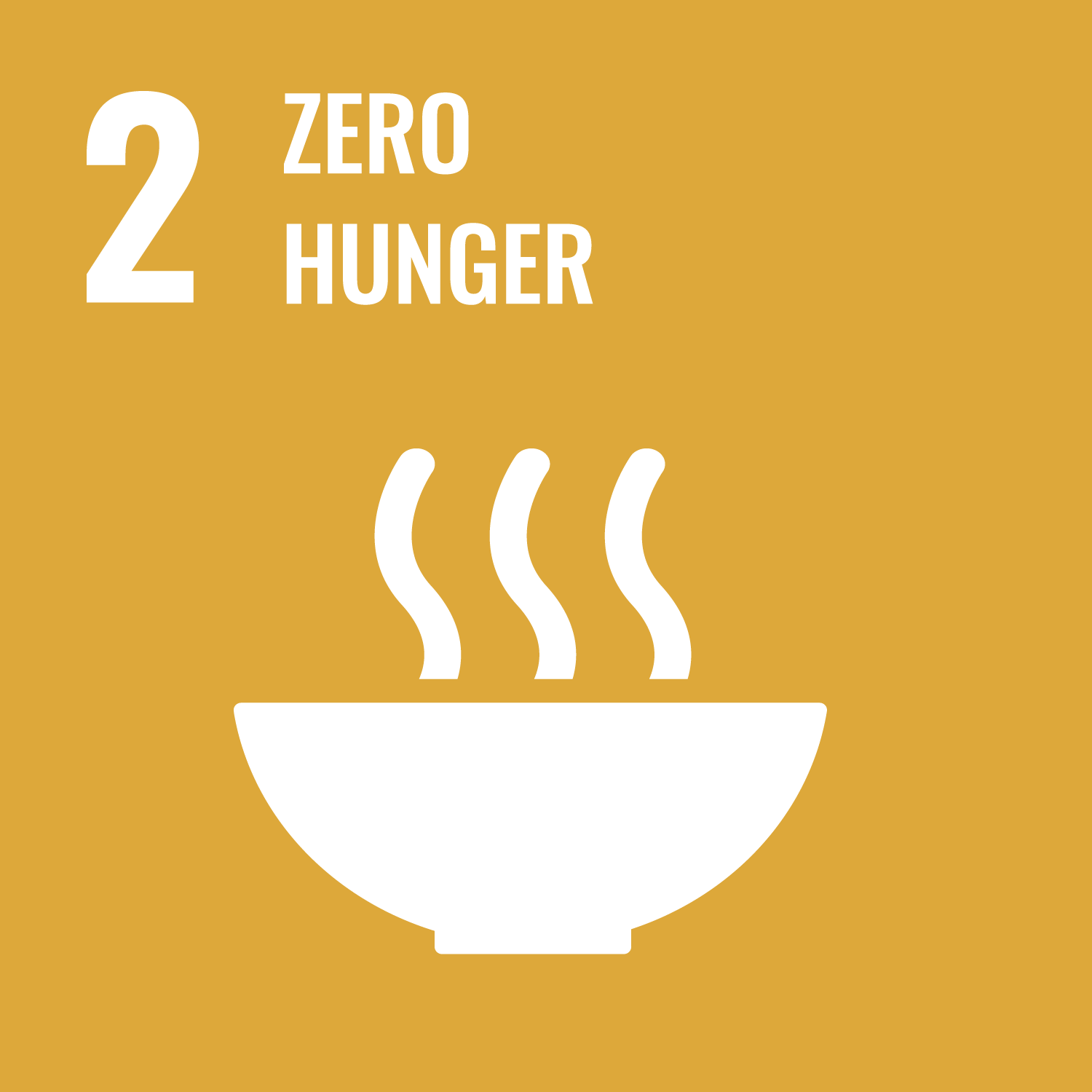


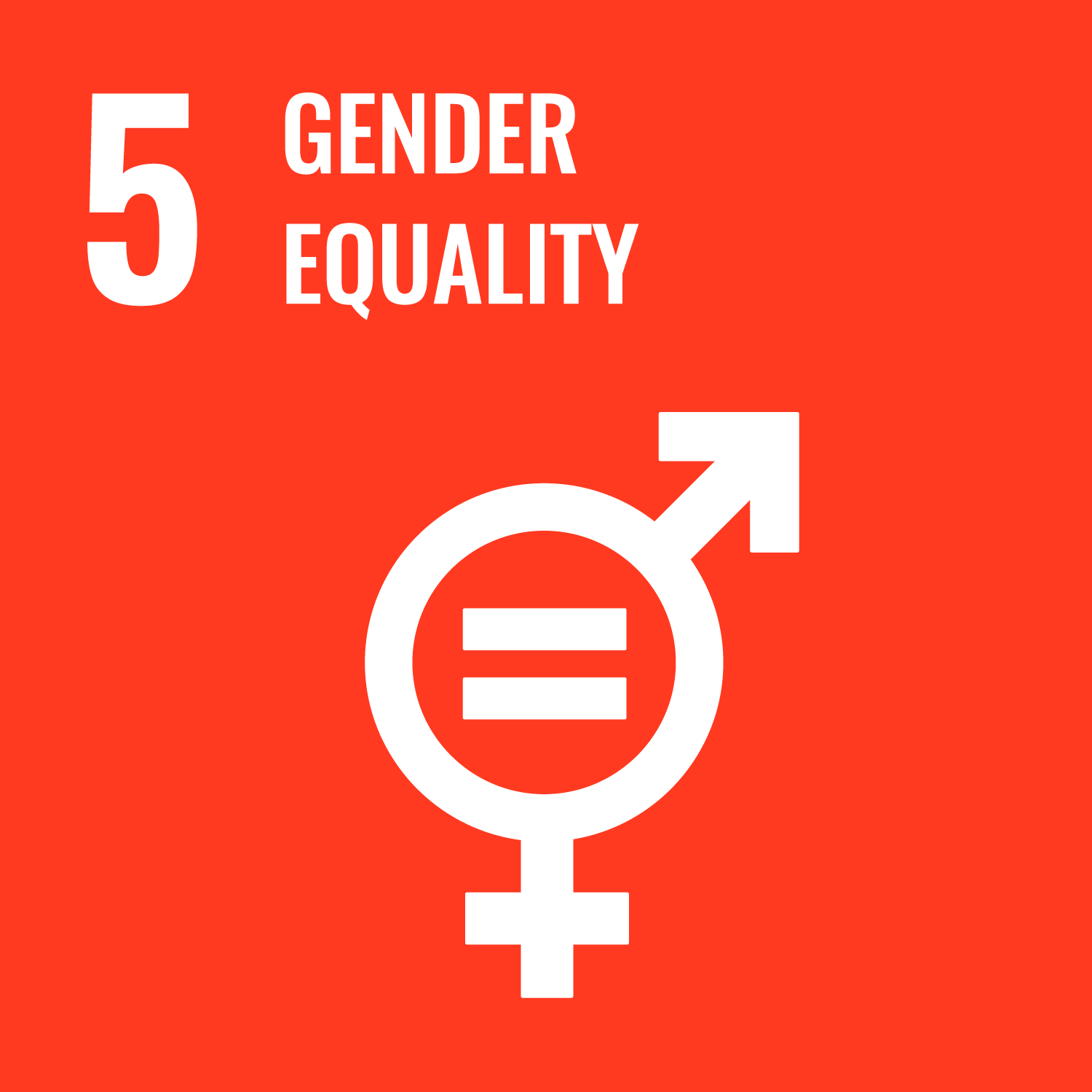
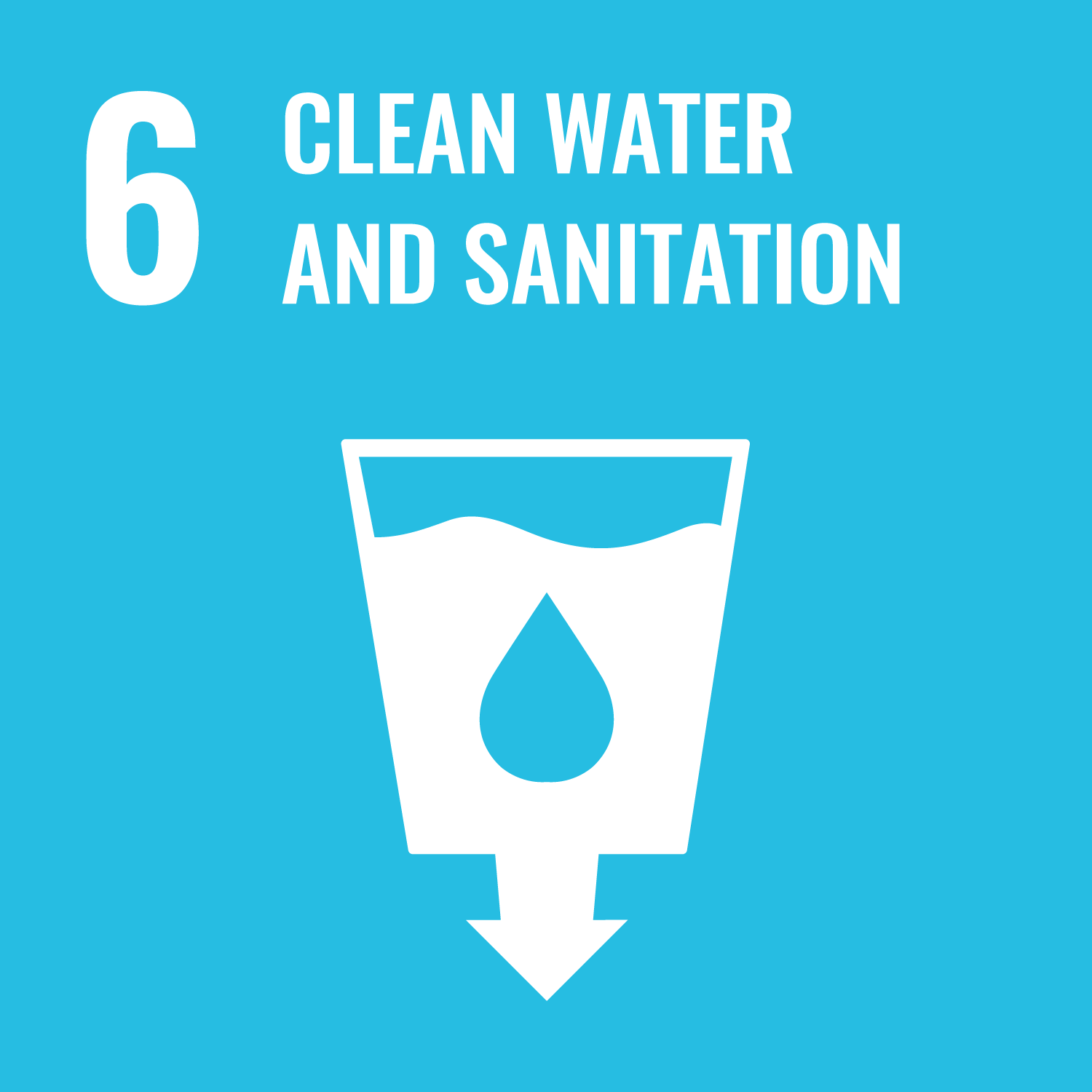







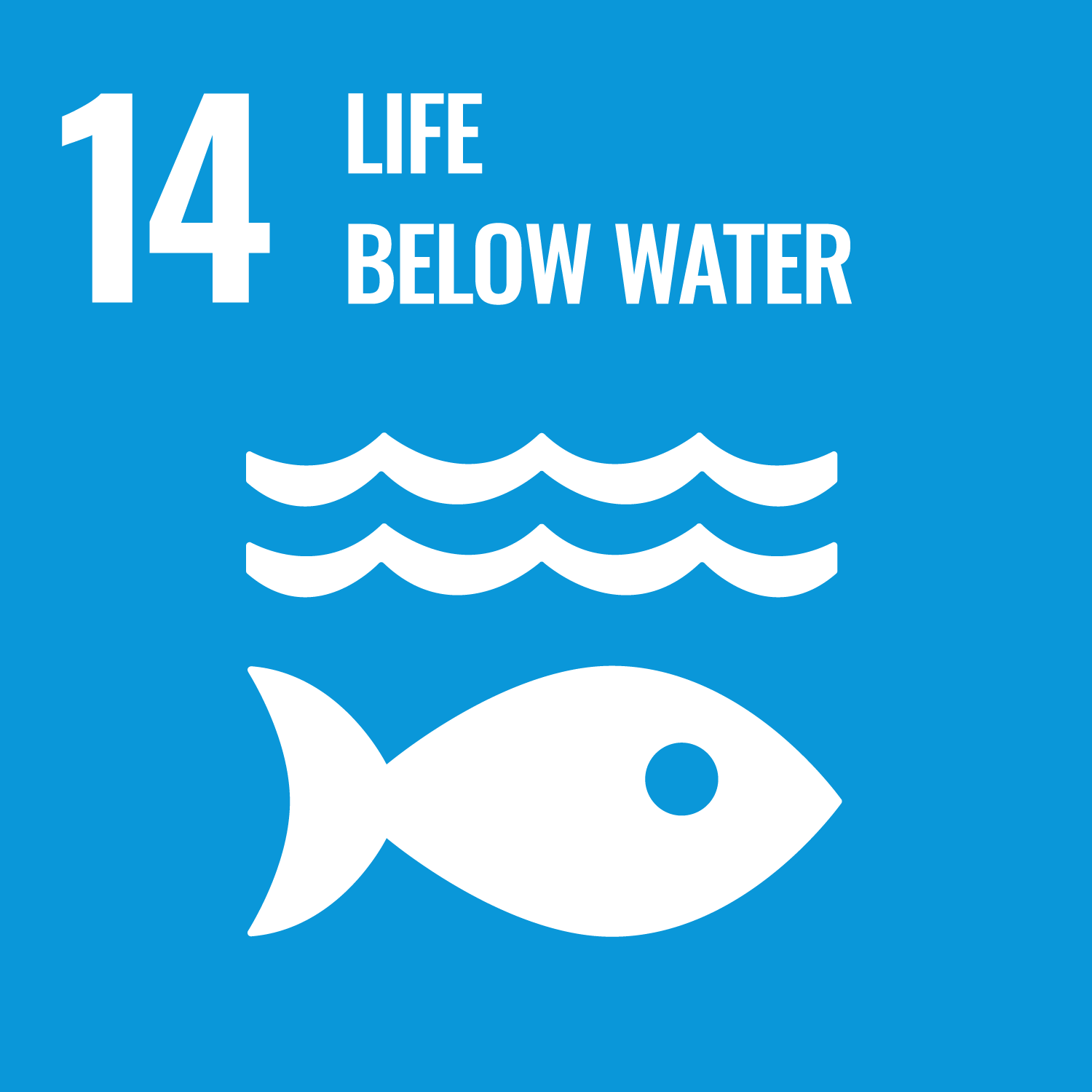
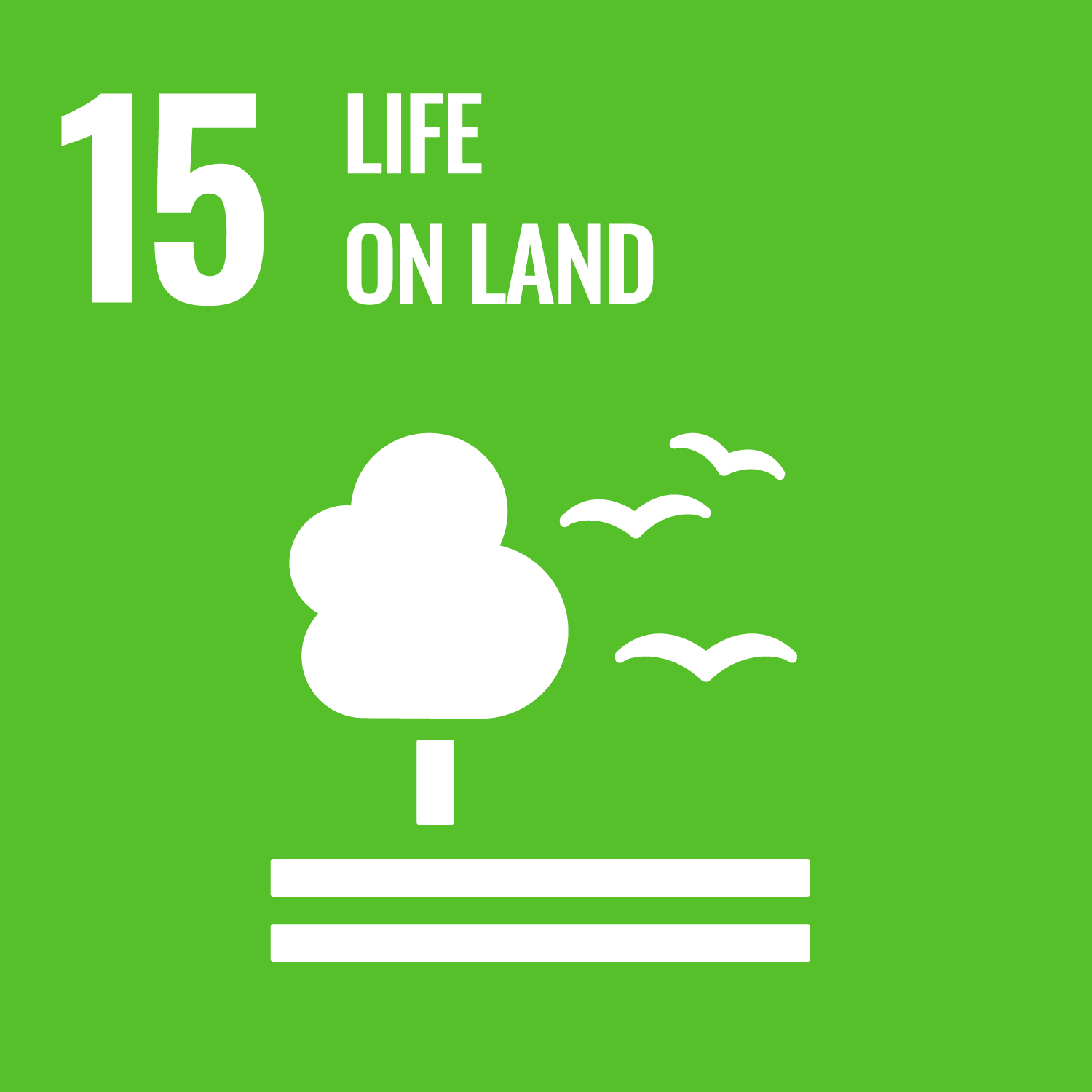


- 1.NO POVERTY
- 2.ZERO HUNGER
- 3.GOOD HEALTH AND WELL-BEING
- 4.QUALITY EDUCATION
- 5.GENDER EQUALITY
- 6.CLEAN WATER AND SANITATION
- 7.AFFORDABLE AND CLEAN ENERGY
- 8.DECENT WORK AND ECONOMIC GROWTH
- 9.INDUSTRY, INNOVATION AND INFRASTRUCTURE
- 10.REDUCED INEQUALITIES
- 11.SUSTAINABLE CITIES AND COMMUNITIES
- 12.RESPONSIBLE CONSUMPTION & PRODUCTION
- 13.CLIMATE ACTION
- 14.LIFE BELOW WATER
- 15.LIFE ON LAND
- 16.PEACE, JUSTICE AND STRONG INSTITUTIONS
- 17.PARTNERSHIPS FOR THE GOALS
Last modified : Fri Aug 08 04:03:59 JST 2025
